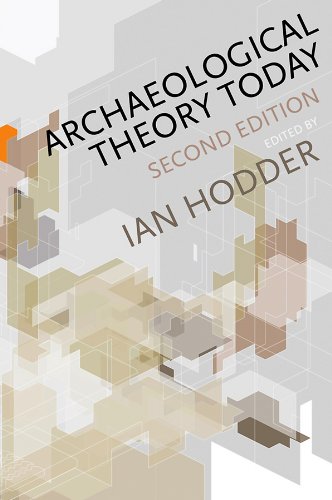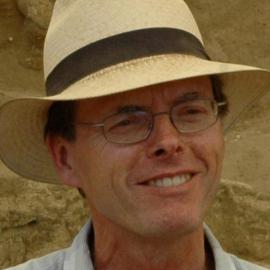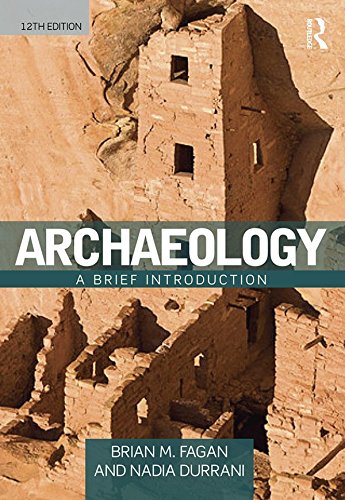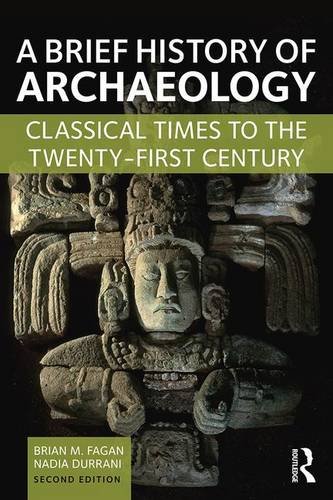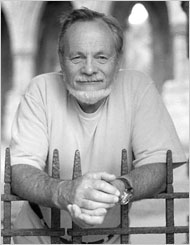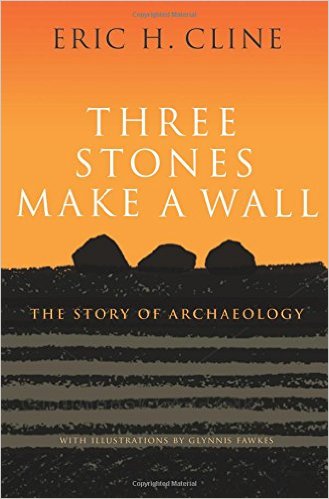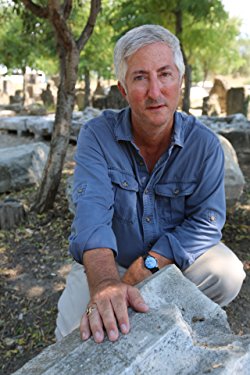HODDER, I. (ed.) Archaeological Theory Today. 2 ed. Cambridge: Polity, 2012, 320 p. – ISBN 9780745653068.
This volume provides an authoritative account of the current status of archaeological theory, as presented by some of its major exponents and innovators over recent decades. It summarizes the latest developments in the field and looks to its future, exploring some of the cutting–edge ideas at the forefront of the discipline. The volume captures the diversity of contemporary archaeological theory. Some authors argue for an approach close to the natural sciences, others for an engagement with cultural debate about representation of the past. Some minimize the relevance of culture to societal change, while others see it as central; some focus on the contingent and the local, others on long–term evolution. While few practitioners in theoretical archaeology would today argue for a unified disciplinary approach, the authors in this volume increasingly see links and convergences between their perspectives. The volume also reflects archaeology′s new openness to external influences, as well as the desire to contribute to wider debates. The contributors examine ways in which archaeological evidence contributes to theories of evolutionary psychology, as well as to the social sciences in general, where theories of social relationships, agency, landscape and identity are informed by the long–term perspective of archaeology. Ian Hodder (born 1948) is a British archaeologist. Dunlevie Family Professor of Anthropology at Stanford University, USA.
Este volume fornece um relato competente do estado atual da teoria arqueológica, como apresentado por alguns de seus principais expoentes e inovadores nas últimas décadas.
Leia Mais:
Histórias do Antigo Oriente Médio: uma bibliografia
Sugestões de livros para iniciar os estudos em Arqueologia
